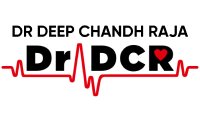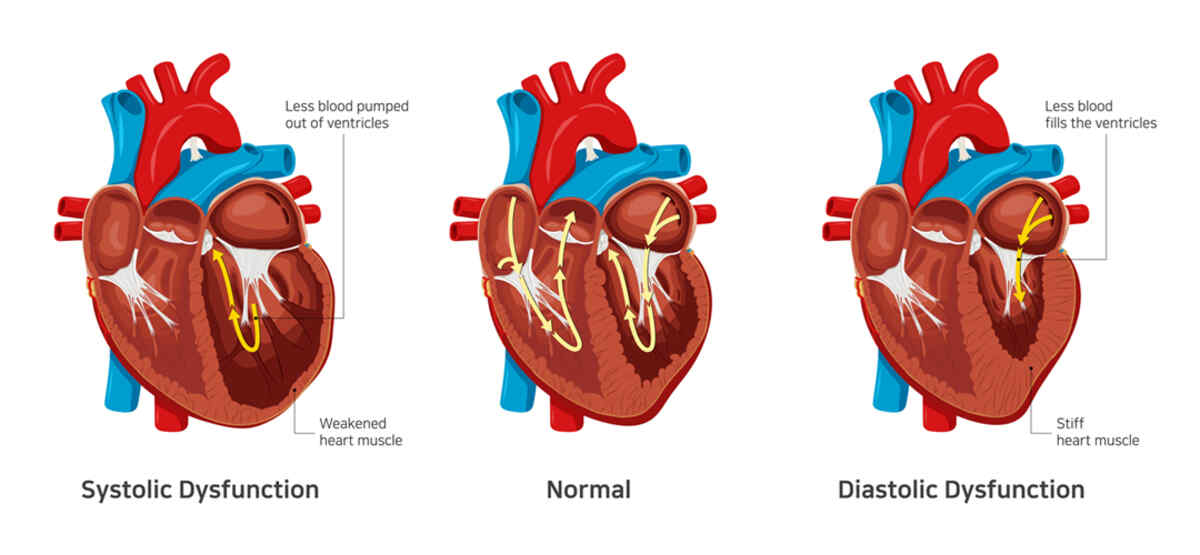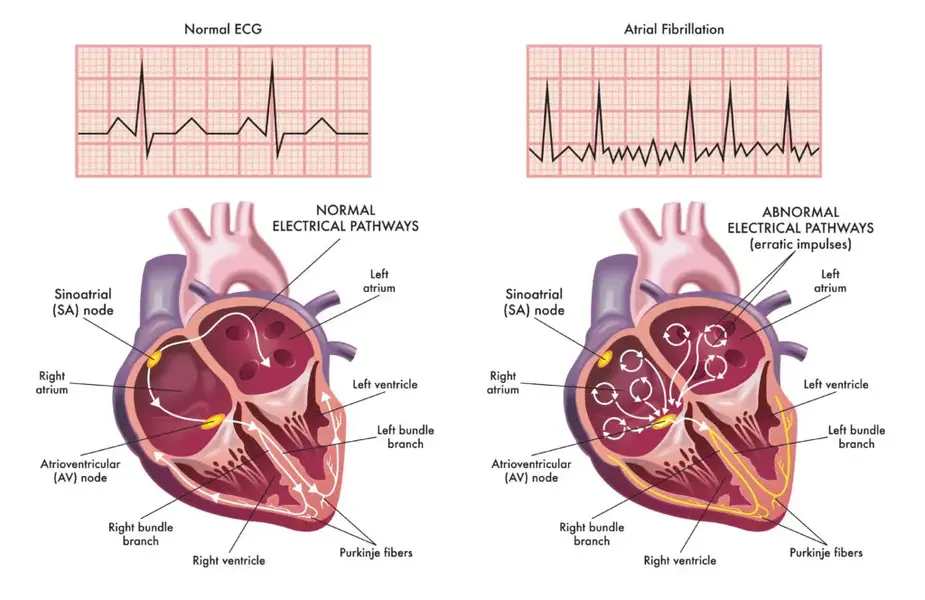An ECG, electrocardiogram, or electrocardiography is a straightforward and cost-effective test used to evaluate heart function.
An ECG offers vital insights about the heart, including:
- Heart Rhythm: It indicates whether the rhythm is regular or irregular. Atrial fibrillation is a common irregularity often found in patients with heart failure.
- Heart Rate: Normal heart rates range from 50 to 100 beats per minute. A heart rate below 50 is known as bradycardia, while a rate above 100 is referred to as tachycardia.
- Heart Enlargement: An ECG can indicate heart chamber enlargement, although it is not the most precise method. For a more accurate assessment, cardiac magnetic resonance imaging (Cardiac MRI) is preferred.
- Heart Attacks: The ECG can identify current and previous heart attacks by recognizing specific patterns.
Advanced Insights from ECG in Heart Failure
- Reduced Blood Supply to the Heart: An ECG can often detect signs of previous heart attacks, which may indicate reduced blood flow. However, not all patients with decreased blood supply can be identified through ECG. Doctors frequently use coronary angiography to assess blood supply more accurately.
- Pumping Efficiency of the Heart: An abnormal ECG usually suggests issues with heart efficiency. Common abnormalities include complete bundle branch block, hemiblock, and indicators of past heart attacks or chamber enlargement.
- Left Bundle Branch Block (LBBB): If LBBB is present (indicated by a QRS duration greater than 150 milliseconds on an ECG) along with a reduced ejection fraction (EF) of less than 35% on an echo, it signals the need for specialized treatments like cardiac resynchronization therapy (CRT). CRT aims to restore the synchronized beating of the heart.
- Abnormal Rhythms: An abnormal heart rhythm may indicate the need for advanced treatments. For example, a pacemaker may be required for heart block, and an implantable cardioverter defibrillator (ICD) may be necessary if the EF is below 35%. Catheter ablation might be considered for atrial fibrillation and abnormal ventricular rhythms.
- Unique Heart Issues: The ECG can also help identify rare heart problems, such as infiltrative disorders (like amyloidosis and restrictive cardiomyopathy), and unusual diseases, such as arrhythmogenic right ventricular dysplasia.
Can a Normal ECG Rule Out a Heart Attack?
An ECG is a simple yet effective way to evaluate heart function. However, a normal ECG does not entirely rule out a heart attack or other conditions, particularly in the early stages. In advanced cases, the ECG is more reliable. Therefore, when diagnosing a heart attack, we don’t rely only on the ECG; we also consider susceptible troponin tests for a more accurate diagnosis.
ECG Complements Advanced Investigations
The information gathered from an ECG is valuable for interpreting advanced tests like echocardiography (echo), coronary angiography, cardiac MRI, and PET CT scans.
While the ECG is a powerful tool in advanced disease, it can also serve as a helpful addition to other tests in the early stages of illness.


.jpeg)


.jpg)